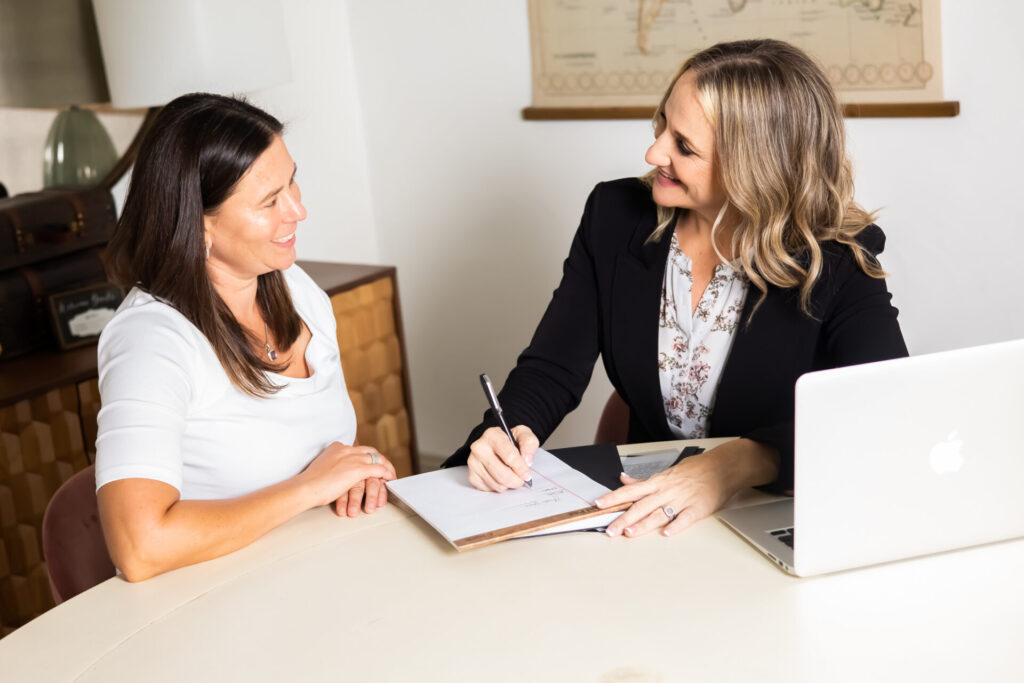Divorce YOUR Way

Did you know there are several courtless options to resolve your divorce case? There is no one-size fits all divorce. And not every divorce case should be litigated in court, in fact, the vast majority of cases are resolved without going to trial.
I am passionate about helping my clients stay out of court wherever necessary, especially when children are involved. I firmly believe that nothing in your divorce case should get so nasty as to make impossible for you and your soon-to-be-ex to successfully co-parent with each other after the divorce is final.
The most common options are listed below with a description of each.
- DIY – Do-It-Yourself (w/ a little help).
- Attorney Assisted Settlement
- Mediation
- Collaborative Divorce
DIY- Do-It-Yourself (w/ a little help)
BEST FOR: Couples with no significant assets, no children, no alimony requests, and no issues in dispute.
If you and your spouse have worked everything out yourselves then this is the option for you. In Florida, there is a type of divorce called “Simplified Divorce” which allows you file all your paperwork together at the courthouse, set a final hearing, and your divorce will be granted in as little as 30 days.
However, even for the simple divorce cases, it is very hard to do all of it on your own and it can feel overwhelming. I am often hired to assist in this process. Florida Bar ethics rules will only allow me to represent one of the parties (usually the party who is driving the filing process) and I cannot provide the other party any legal advice. Very often, one party will remain “pro-se” or unrepresented and act as their own lawyer, allowing me to help resolve any issues still in dispute, and to assist in preparation and eFiling of paperwork. I often suggest the unrepresented party take the documents to an attorney of their choosing for review before filing.
This is an economical way to have the assistance of a lawyer to eliminate some of the confusion and overwhelm of the divorce process, while still remaining cooperative with your spouse.
Attorney Assisted Settlement
BEST FOR: Couples with some issues in dispute and need help sorting through them and/or do not want to take on the stress of managing the legal process on their own.
Again, this can occur with either one party who remains “pro-se” or with both parties hiring their own attorneys. This method of resolution involves the attorneys going back and forth until a settlement agreement is reached, and can allow each party to discuss their legal positions before making decisions on settlement. This can allow the couple to avoid the high fees often associated with mediation.
Please note: not all attorneys will assist you in this way and so you will need to make sure you ask them if they are open to alternative approaches to resolving your case.
Some couples try to eliminate lawyers altogether and go straight to a mediator. This can be tricky because the mediator cannot provide legal advice to either side. Starting with an attorney can help eliminate having to start over at the beginning because you couldn’t reach an agreement because you weren’t sure what you are legally entitled to.
Attorney Assisted Mediation
BEST FOR: Couples with significant assets, children, and many issues in dispute.
This is far and away the most common way divorce cases are resolved in Florida. For couples with complicated assets or moderate to high-levels of conflict the assistance of a trained mediator to help each party and their attorneys sort through the issues and find common ground can be invaluable.
It allows the couple to maintain control over the outcome of their case by finding creative solutions.
Collaborative Law
BEST FOR: Couples with high income, significant assets, and low conflict or a strong desire by both parties to amicably resolve all issues in dispute.
Collaborative Law is a growing movement within the divorce community that has been gaining strength in recent years. It allows the couple to employ a committee of professionals to help themresolve all issues in dispute. Typically the committee will consist of two attorneys, a CPA or other financial professional, a trained therapist, and a mediator. The committee has regular meetings to discuss the issues and come up with creative solutions. In order to practice collaborative law, lawyers must carry a special license.
The draw back to this option is (as you might imagine) it can become quite expensive, and if at the end of the process if you cannot reach agreement, you must start over from the beginning with new attorneys. It requires both couples to be committed to the process and it is sometimes hard to find both parties in the emotional place to be open to this option.
All of these options allow you to avoid going to trial, and often never even step foot inside the courtroom, except for a quick final hearing where the Judge places a few things on the record before granting your divorce.
If you would like to discuss these options call us today at 813.322.2082 for a free 30 minute consultations to find out which option is best for you.
